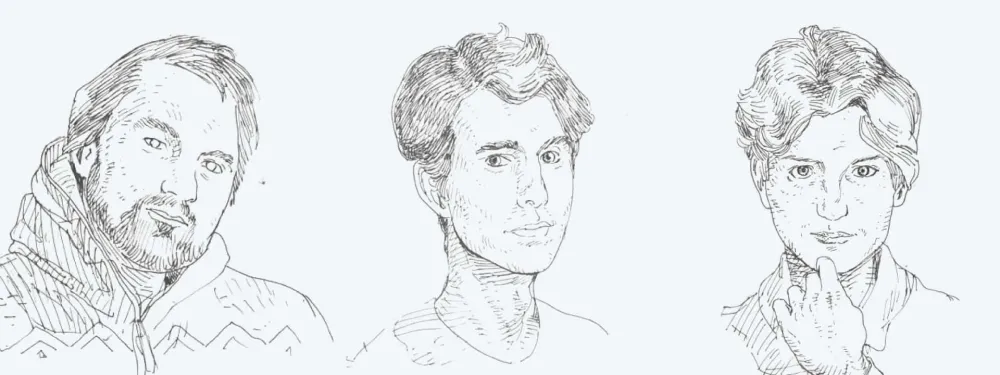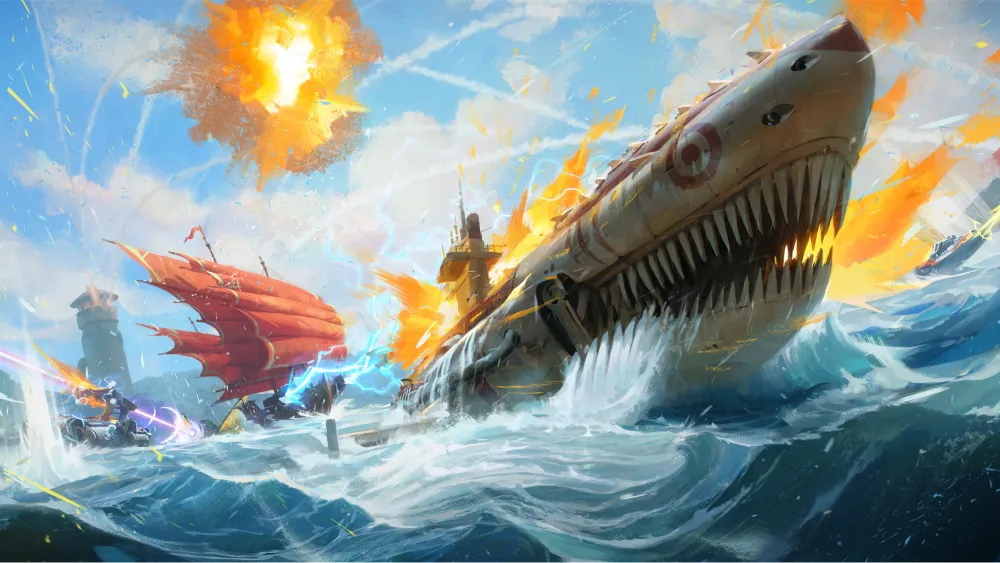When I first opened the Warcraft 3 map editor as a 9-year-old, I didn’t think of myself as a game developer—and neither did the industry. Back then, “mods” were just that: modifications. Fun, experimental side projects cobbled together by hobbyists tinkering with the tools of real developers. They were goofy mini-games, meme-y reskins, or, at best, niche curiosities. Yet, I remember watching my brother buy Half-Life just so he could play Counter-Strike. My best friend sunk more hours into custom Warcraft 3 maps than anything Blizzard ever created. For us, it wasn’t odd—those mods were the games we loved most, even if the industry didn’t seem to notice.
As titles like Dota 2 and League of Legends skyrocketed in popularity, spawning multi-billion-dollar industries and global esports leagues, modders still weren’t seen as legitimate game developers. The successes of those games were treated like happy accidents, not proof of the creativity and technical skill in the modding community. For a long time, we believed that too—there must be something AAA game developers understood about game design that we didn’t.
But then came the rise of PUBG, Roblox, Minecraft, and Fortnite Creative, alongside the catastrophic failures of some AAA game studios. It became clear that the opposite was true: modders didn’t need the game industry—the game industry desperately needed modders.

When my best friend, my brother, and I founded Lunchbox nearly four years ago, we were 99% sure we’d fail. None of us could code, make 3D assets, or do anything remotely technical when it came to game development. After some disastrous experiences with contracting companies, I came across Adam DeGrandis through one of his GDC talks. He recommended Work With Indies. A month later, we started building the foundation of the game we’d dreamed of making our entire lives.
We quickly discovered that what we did have turned out to be far more valuable than we anticipated. The mod that inspired us wasn’t just a banger played for over 20 years—it was a blueprint for exactly what we needed to build. Six months later, we had a playable demo that secured funding for the game you can play today: Sirocco.

I am not exaggerating when I say that neither our game nor our company would exist without Work With Indies and the incredibly talented people who take risks on projects like ours. Thank you Nathan and the entire Work With Indies Team for empowering us to build not just a game, but a rockstar team capable of bringing it to life. We’ll never forget it.
If you’d like to support what we are doing, consider Wishlisting on Steam or joining us in our Discord.










